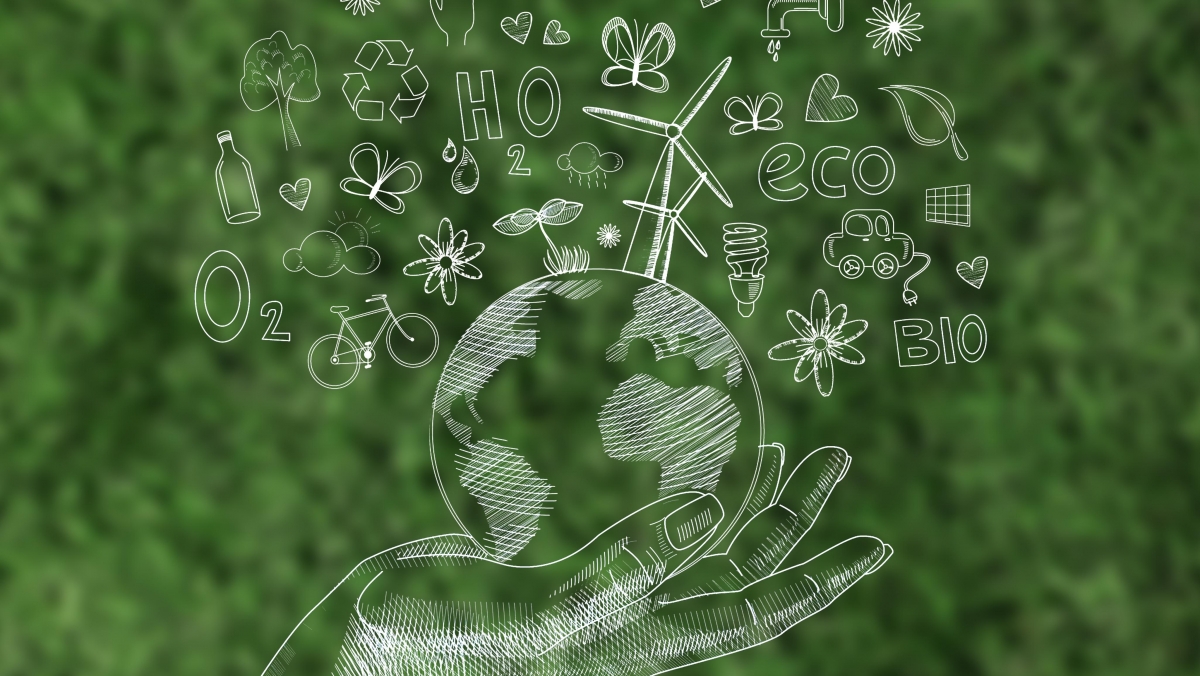Circularity through waste management at AR Metallizing
Earlier this month, we talked about the ideas and principles behind Environmentally Responsible Manufacturing (ERM) and how more and more businesses are moving their focus away from growth at all costs towards a socially and environmentally accountable attitude towards manufacturing.
Circularity is a fundamental aspect of responsible manufacturing. Based on age-old philosophical and historical concepts, circularity aims to repair, reuse and recycle products. Let’s take a look at what this means when combined with 21st century technological advances.

What is a circular economy?
Circularity, or a circular economy, is defined by the Ellen MacArthur Foundation (EMF) as “an industrial economy that is restorative or regenerative by design and aims”. Concretely, this means removing or reducing waste as much as possible from manufacturing processes, while limiting the consumption of finite resources.
Circular systems aim to share, reuse, repair and remanufacture resources, infrastructure and equipment, therefore minimising emissions and pollution to create a closed loop. Waste and energy are transformed into input for other processes in a practice known as waste valorisation that is fundamental to AR Metallizing’s approach.
Our approach to circularity
We have implemented a long-term strategic commitment to sustainability across our five global manufacturing plants. Our approach includes reducing emissions through photovoltaic power, smart lighting and energy optimization alongside waste management practices based on reuse of by-products.
For example, at our Italian plant, our Solvent Recovery System, in which solvents produced by our manufacturing activities or products are transformed into raw material for other processes, has enabled us to save around 2000 tons of CO2 with a disposal rate of just 0.65%. At the same time, all paper waste in our global plants is either resold or repulped to produce cardboard products for a disposal rate of 0.5%.
To find out more about how we promote sustainable business and manufacturing practices, get in touch with our team.